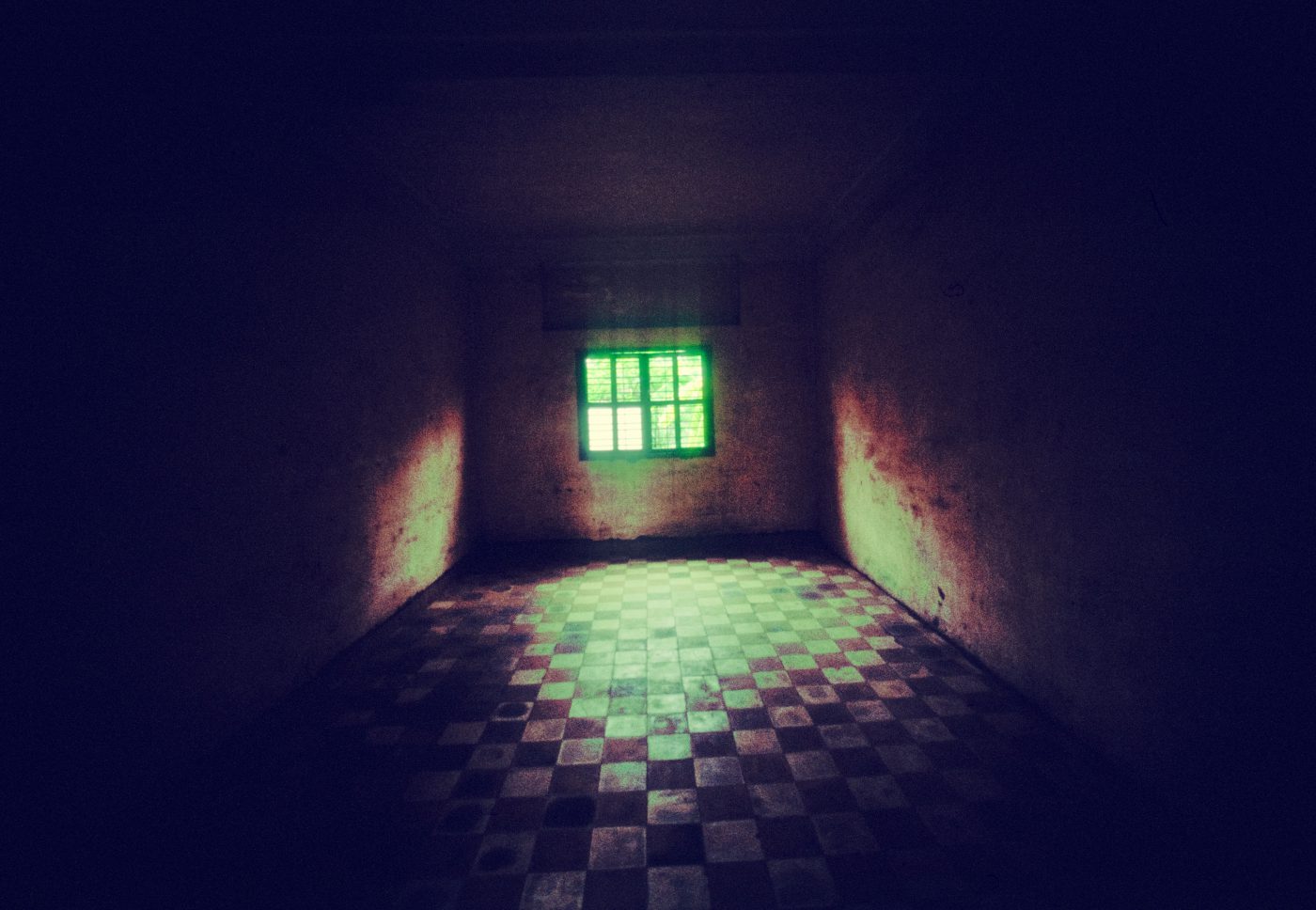
Inviting the Invisible: Why the Church’s View of Prisoners Matters
“I was in prison and you came to me. … Truly, I say to you, as you did it to one of the least of these my brothers, you did it to me.” —Matthew 25:36, 40
When was the last time you thought about prisoners?
Maybe you saw a news reporter cover a crime story or caught a reference in a movie. Perhaps someone close to you is behind bars right now. Close to 2.2 million people are incarcerated in the United States; if our prison population comprised one city, it would be among the top 10 largest cities in the nation. Yet this massive population tends to be forgotten or dismissed—out of sight, out of mind, like many of the jails and prisons that house them off the beaten path.
I’ve spoken with dozens of current and former prisoners, many of whom have experienced radical transformation in Christ. It’s not “jailhouse religion” they describe, but real testimonies and hard themes: addiction and recovery, struggle and shame, healing and making amends. I’m often left marveling. Only Jesus could step in and restore those broken pieces.
I’m frequently struck by one subject in particular: our identity as people made in God’s image. Imago Dei. And every time I’ve visited a prison, heard the gates clang shut on my way out, and breathed in my own freedom, I look at the razor wire and wonder:
If I were in here and couldn’t leave, would I let my circumstances and past choices define me? Would I remember that I am His?
And would I be able to stay on His path when I got out?
Many people don’t consider that an overwhelming majority of people in prison will be released one day. They will return to neighborhoods like yours and mine. And not once have they been forgotten by God, no matter how invisible they feel.
Many leaving prison will hunger for the support and accountability that your church, and your small group, can give. What would it look like for us to embrace returning neighbors and welcome them into discipleship? What could God teach us if we chose to see them as He does, with inherent value and purpose?
Imagine expanding our “seeker-friendly” values to the seekers who feel displaced, forgotten, invisible. Imagine sitting with them on Sunday morning. Inviting them to dinner. Asking them about what God’s grace means to them. Reminding them that they have a place to belong.









